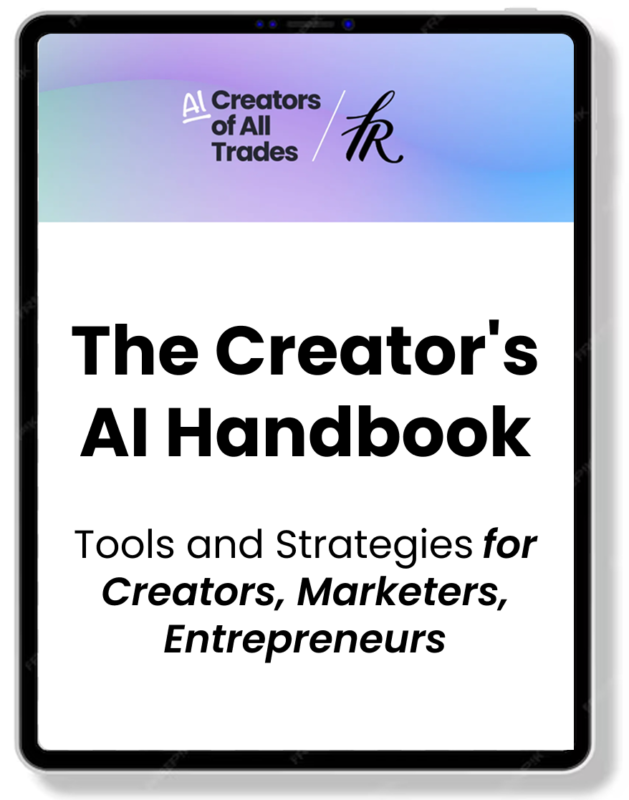A friend of mine is launching a blog (good decision). He asked for advice on how to choose the right layout for the blog homepage (or blog overview page). During the discussion, I realized I had answered the exact same questions several times, so I thought this topic suits great for a blog post for future reference.
There are thousands of blog templates available. Themeforest lists twelve thousand themes in its marketplace – for WordPress.
While the actual design of a blog homepage can be very different, the layout options are pretty much the same on all blog platforms. It doesn’t matter if you choose WordPress, Ghost, Squarespace or Medium – the layout options are similar across these platforms.

Questions to ask yourself before choosing a blog layout
Single author blog or team blog?
If you are the only author of your blog a one-column layout can be a good fit. There is no need to feature different posts from different authors.

Single Topic or multiple categories?
Are you planning to cover several very different topics? If so, it might be a good idea to structure your blog homepage in a magazine layout that features the recent posts from your categories.
If you are focusing on one topic and you the only author, you might opt for a single column layout
What’s your planned publishing frequency?
If you plan to publish many posts you might opt for a magazine or grid layout for your blog. This way, your readers can scan your posts easier at once without scrolling a long list of posts in a one-column layout.

Do you expect most traffic from mobile?
The only reason you answer this with no is when you are writing a blog for a b2b audience that sits in front of big-screen when looking at your posts. Are you blogging about a b2b software product aimed at software developers? Chances are high people will look for that during office hours from their workplace – resulting in more desktop then mobile traffic.
You can spend hundred hours configuring the perfect magazine layout for desktop, but it’s a waste of time if 90% of your traffic is coming from mobile and your readers scroll through your blog in a one-column-view on their smartphone most of the time.

What type of content will you publish?
A photoblog can look very different than a blog full of 2000 word posts. Your blog overview page can show excerpts of posts or the full content of your posts. If you post a lot of posts with pictures or videos embedded, you could opt for a Tumblr-like page that shows all the content right away. Again, most blog platforms allow easy customization not only of the layout but also how much of the post content you want to show on the overview page.
Use a “Start Here” page in addition to a blog overview page
One-column or magazine layout – it does not matter what you choose, both start immediately with the content. Many bloggers opt for a “start here” page that gives more context about how the blog is structured. That is not only an “about this blog” info that provides background information about the author, but also points to content highlights and provides information on how to navigate the site.
Personal or corporate look?
A minimalistic one-coumn layout without any sidebar gives a more personal impression, compared to a grid / magazine layout with features posts. If your goal is to build a business around your blog you will sooner or later land at magazine layout, or at least add some sidebars to your blog homepage.
A blog layout is easy to change
Changing the layout of your blog homepage can be done with a few clicks within minutes on most blog platforms. If you are just starting out I recommend a simple one-column layout, if your blog grows you can tweak the layout accordingly to your needs.

Search, categories, and tags might be more important than your blog homepage layout
If you are going to publish a lot of how to’s people might prefer to search to find similar posts. Categories and tags are additional ways to navigate your blog. We are using the WordPress plugin Algolia that replaces the default WordPress search engine.

Are you planning to use WordPress?
- Check my post about how to choose the right WordPress theme for your site.
- All posts tagged WordPress on freshvanroot.com
Having answers to these questions helps you to decide which layout best fits your needs. Don’t spend too much time on layout questions, you will start out with just a few blog visitors at first. Revisit your decision after you wrote the first fifty posts.






